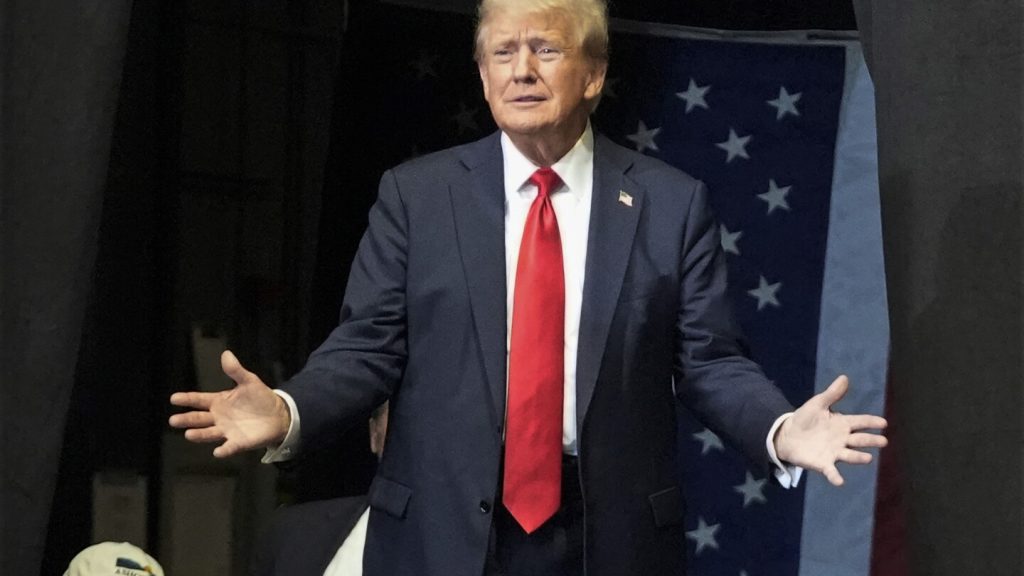The U.S. presidential campaign of Donald Trump has been hacked by Iran, leading to a change in the campaign’s stance on the publication of hacked materials. While in 2016, Trump encouraged Russia to find Hillary Clinton’s deleted emails, this time around, the campaign condemned the publication of hacked documents, stating it was aiding America’s enemies. The details of the current hack remain unclear, with Microsoft reporting Iranian attempts to breach the account of an official from one of the campaigns without providing further information. While Iran has denied involvement, the U.S. government is investigating the matter.
The 2016 presidential election saw Russian hackers obtaining thousands of emails from Democratic entities, which were subsequently released through third parties, including Wikileaks. Trump openly embraced the leak of these documents and encouraged Russia to find more of Clinton’s emails, later dismissing his comments as a joke. The leaked documents, alongside other factors, contributed to Trump’s victory in the election. Critics argue that news organizations played a significant role in amplifying the impact of the hacked materials, ultimately influencing the election outcome. In light of the recent hack of the Trump campaign, questions arise about how news organizations should handle such material in the public domain.
Nick Merrill, a spokesman for Clinton’s 2016 campaign, who opposed the publication of hacked documents at the time, noted the irony of the Trump campaign now facing a similar situation. Merrill pointed out the campaign’s hypocrisy and the potential implications of sharing their internal correspondence. He did not pass judgment on whether hacked materials should be published, indicating that a precedent has been set by previous incidents. The evolving views on the publication of hacked materials raise ethical considerations for news organizations and the public at large.
The FBI has confirmed their investigation into the recent hack of the Trump campaign, while Iran continues to deny any involvement in the breach. The situation remains complex and ongoing, with no definitive conclusions at this time. As the 2020 election approaches, cybersecurity and the handling of potentially compromising information become critical issues for political campaigns and media outlets. The changing dynamics of election interference through hacking highlight the need for vigilance and ethical decision-making in the dissemination of sensitive information. The implications of these incidents reverberate through the political landscape, shaping the discourse around cybersecurity and digital interference in democratic processes.
The 2016 hacking of Democratic entities and subsequent leaks laid the foundation for the current debate on the publication of hacked materials. With the Trump campaign now facing a similar situation, the repercussions of previous incidents loom large. The role of news organizations in amplifying the impact of hacked materials remains a contentious issue, with critics questioning the ethical standards applied to such content. As election interference through hacking continues to pose a threat to democratic processes, the handling of hacked materials becomes a crucial aspect of political campaigns and media reporting. The evolving landscape of cybersecurity and digital interference necessitates a reevaluation of ethical standards and practices in the public dissemination of sensitive information.


